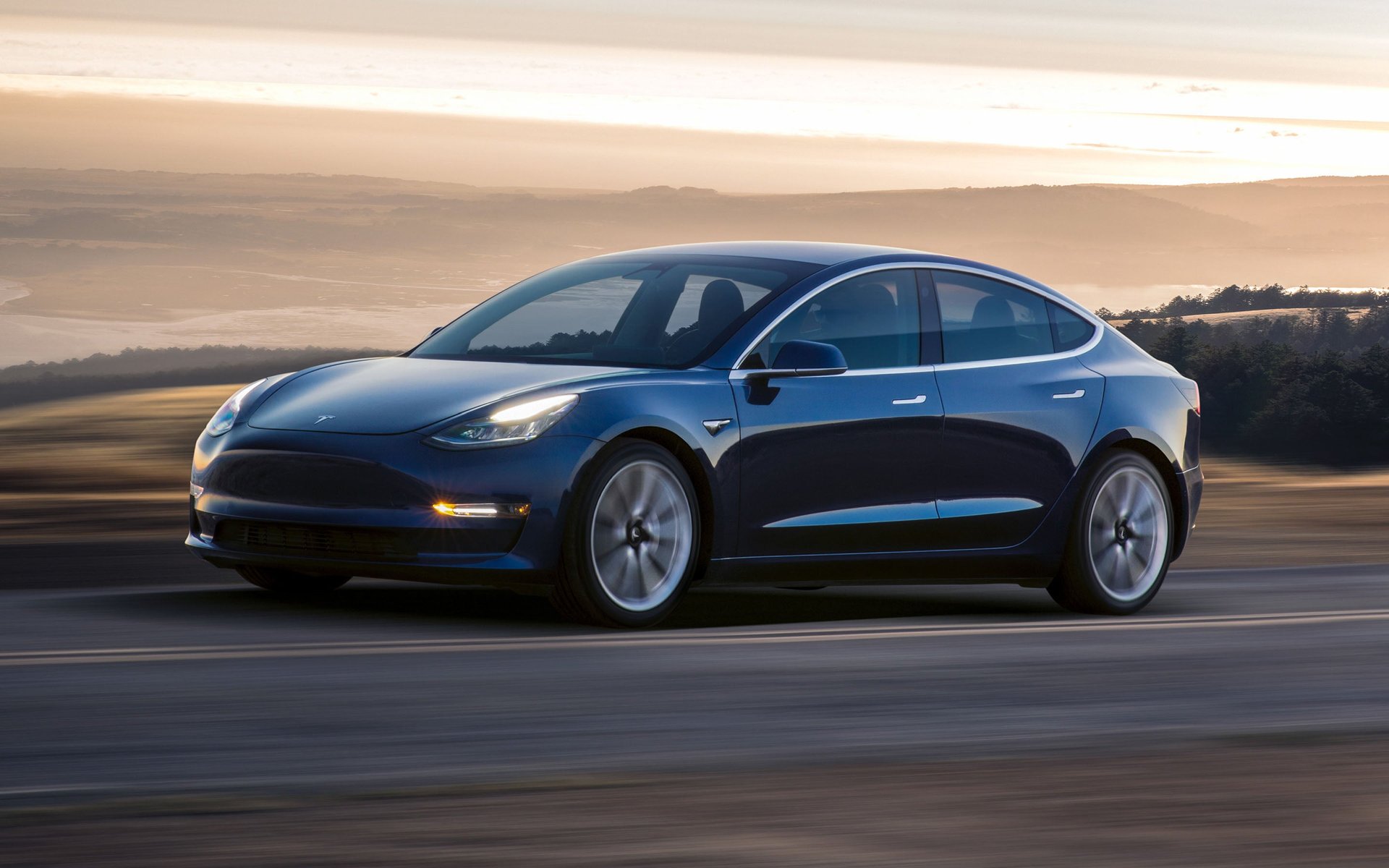Insurers are rewarding Tesla owners for using Autopilot
Self-driving cars have often been touted by industry experts as a safer alternative to human drivers. Whereas humans frequently engage in poor and reckless behavior on the road—nearly 1.3 million people die in road crashes globally each year, according to the Association for Safe International Road Travel—robocars would neither get tired nor drunk, and will generally drive with greater precision.


Self-driving cars have often been touted by industry experts as a safer alternative to human drivers. Whereas humans frequently engage in poor and reckless behavior on the road—nearly 1.3 million people die in road crashes globally each year, according to the Association for Safe International Road Travel—robocars would neither get tired nor drunk, and will generally drive with greater precision.
Now, Britain’s largest auto insurance company Direct Line is testing out the hypothesis by enticing Tesla owners to turn on their Autopilot with a 5% discount, Reuters reports. The company intends to evaluate whether Autopilot will indeed lower accident rates and thereby justify lower premiums. Premiums will still vary based on the driver’s history, but according to a user in the Tesla Motor Club forum, drivers receive the discount once they tell Direct Line they have Autopilot through the insurer’s Tesla-specific channel.
In March, Root, an Ohio-based insurance startup, became the first insurer to offer discounts to customers using Tesla’s Autopilot. The company, which uses an app to evaluate your safety during a test drive, said it could detect how often a driver used Autosteer, a feature of Autopilot, and lower premiums accordingly, but some critics have been skeptical of whether the app can tell the difference between Autosteer and careful driving. Root now offers the promotion across nine US states.
Root’s announcement followed a US federal investigation into a fatal accident involving Autopilot. During the investigation, the U.S. National Highway Traffic Safety Administration scrutinized data on Autopilot’s safety and ultimately found data that supports that the technology in fact makes driving safer—lowering crash rates by almost 40%.
Currently, Tesla Autopilot remains semi-autonomous. Some of its functions include matching the car’s speed to traffic conditions, automatically changing lanes, and maneuvering out of the garage to an owner’s “summon,” according to the company’s website.
“At present the driver is firmly in charge so it’s just like insuring other cars,” Dan Freedman, the company’s head of motor development, told Reuters. But Direct Line will also have to prepare for instances when that is no longer the case, given that people have been prone to rely on Autopilot outside of its recommended uses. Last year, for example, a Tesla driver let it take over for over 20 miles to rush to the hospital during a lethal pulmonary embolism.
In the past, Tesla owners have reported paying higher than average premiums because insurers incorrectly categorized the car models under their policies. Direct Line is the first major insurer to kick off a gradual shift in the industry to respond to autonomous driving developments.
“Through the partnership Direct Line will be in a better position to understand the role that advanced technology and driving aids can have in enhancing road safety and insurance propositions,” wrote Danielle Cripps, a general insurance analyst at GlobalData. “It puts Direct Line in a prime spot for developing motor insurance products, as vehicles become more autonomous.”
Correction: An earlier version of this article said that Tesla’s Autopilot will change lanes without prompting. In fact, the driver must initiate the change.